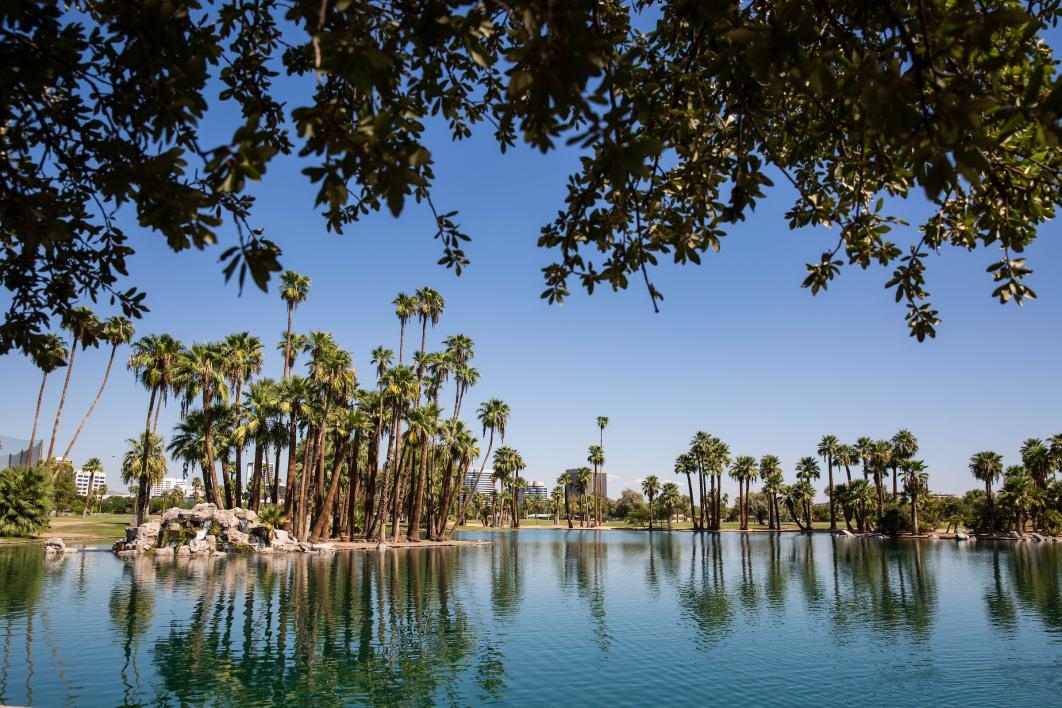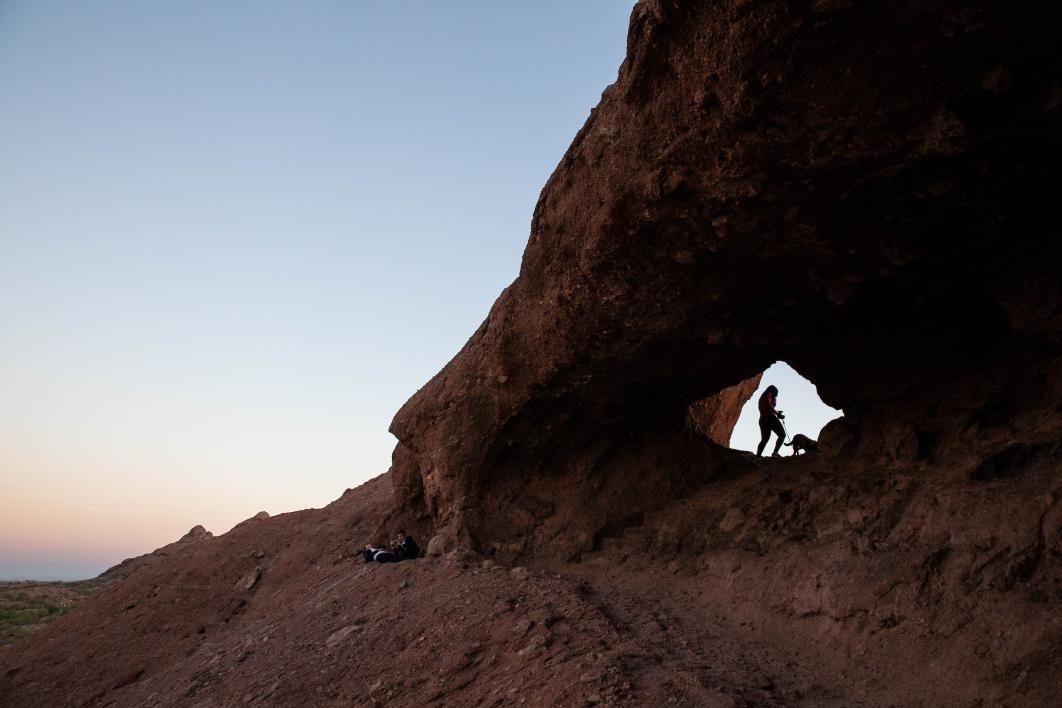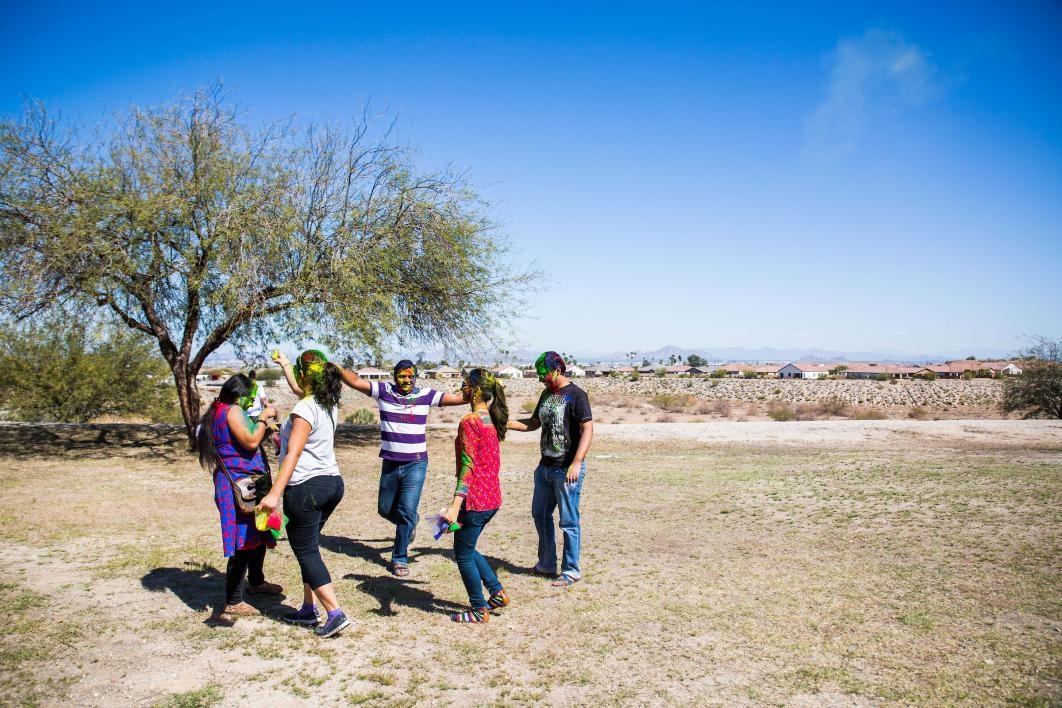As parks fund is set to expire, ASU professor describes a legacy of benefits
Land and Water Conservation Fund lauded for benefiting recreation, criticized for land acquisition
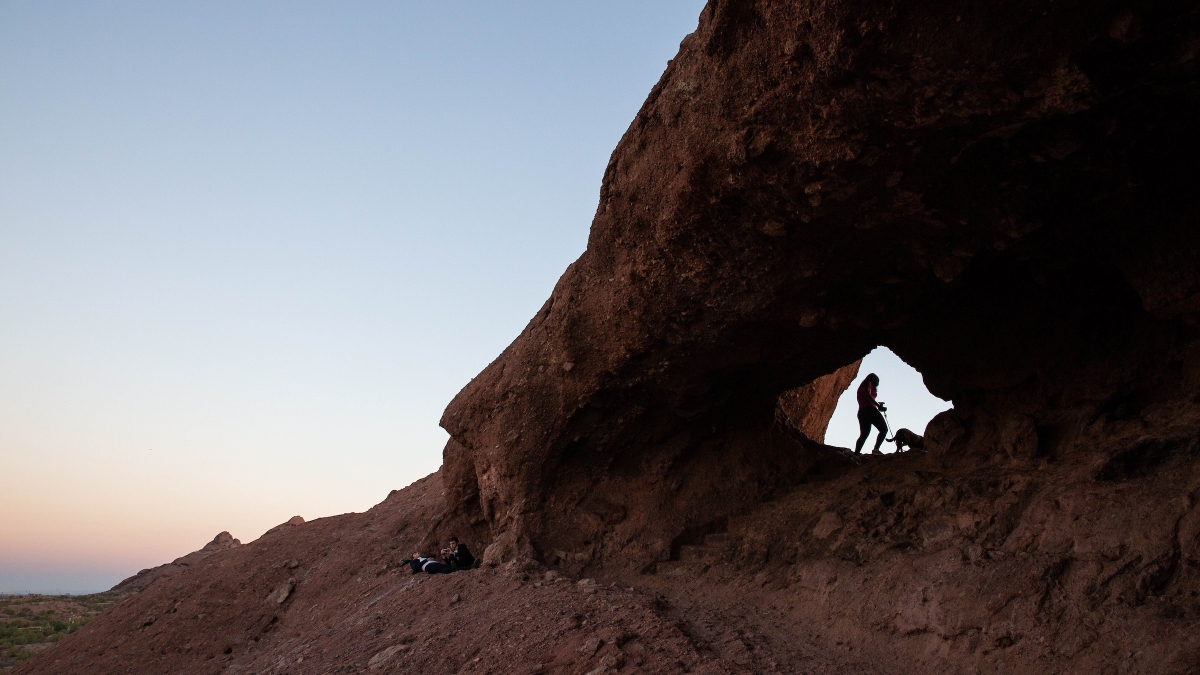
The patio of the clubhouse at Encanto Park in Phoenix was an oasis of shade on a hot, sunny day earlier this week. There, Arizona State University Professor Dale Larsen described how a federal funding program has given millions of dollars to the city to create hiking trails, playgrounds, picnic areas — and shady spots.
That 54-year-old program, the Land and Water Conservation Fund, is set to expire Sept. 30. Over five decades, Arizona has received more than $230 million from the fund, which it has passed on to municipalities for projects including South Mountain Park and Goodyear Community Park, to state parks including Lost Dutchman and Slide Rock, and even to the Arizona Board of Regents for a park at the ASU West Campus.
The fund gave a total of $100 million to all 50 states this year, including $2.1 million to Arizona.
Video by Deanna Dent/ASU Now
The money does not come from taxpayers, but from fees paid by energy companies that extract oil and natural gas along the Gulf Coast, according to Larsen, a professor of practice in the School of Community and Development. He was assistant director and then director of Phoenix's Parks and Recreation Department for 27 years, retiring in 2010.
“That bipartisan legislation was an innovative way to share those funds all over the country in parks, conservation areas and wildlife areas as sort of an environment tradeoff,” he said.
The fund divides the revenue into federal and state portions according to a formula that changes frequently, but for many years it was 60 percent federal and 40 percent state.
“Phoenix and other municipalities benefit from the state side,” he said.
“The rest would go to federal agencies for purposes primarily of acquiring and expanding their federal property footprint, primarily in Western states. So the rub, over the years, has been from Western state legislators who think the LWCFLand and Water Conservation Fund has been used as a land grab for federal properties to be expanded, which would then preclude the opportunity for mining, for grazing or for hunting and fishing.”
The National Park Service, Forest Service, Fish and Wildlife Service, and Bureau of Land Management use the fund to acquire more land.
The conservative Heritage Foundation supports allowing the fund to expire, not only because the organization opposes expansion of federal lands but also because federal money is going to support local projects that should be funded in other ways.
U.S. Rep. Rob Bishop, R-Utah, chairman of the House Natural Resources Committee, blocked reauthorization of the LWCF in 2015 because he believed too much of the money went to buy land in the West. However, this year, Bishop co-sponsored the Restore Our Parks and Public Lands Act, with Raúl Grijalva, D-Ariz., to permanently restore the fund and also allocate money toward the $12 billion maintenance backlog at the National Parks Service.
Larsen said that the program has been frozen and temporarily extended a few times, but never been allowed to expire.
The city of Phoenix has received more than $10 million from the Land and Water Conservation Fund since it began.
Larsen teaches a class at ASU called “creating community,” and he tells his students that parks not only provide recreational and environmental benefits but they also have an economic impact.
“Parks, if they’re managed properly, tend to increase the property values of the neighborhood they’re located in,” he said.
But a poorly maintained park, with trash and graffiti, can lower property values.
“In Phoenix, what is the most treasured commodity? Shade,” he said.
“The LWCF provides shade development opportunities so people can enjoy those parks.”
More Law, journalism and politics

When giving goes global: ASU family invests in students studying media abroad
The dream of studying abroad and making connections globally while in college is often hindered by the substantial cost of traveling and living in a different country. But thanks to the generosity…
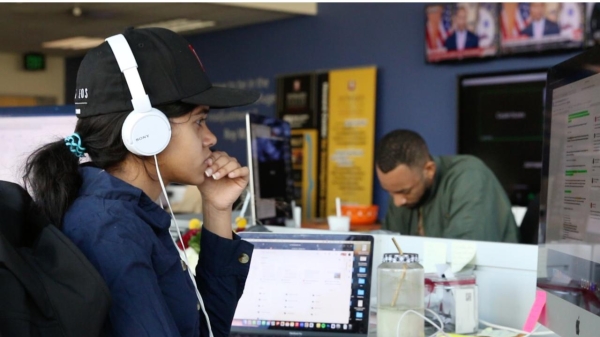
ASU, UMD Howard Centers partner with AP global investigations team on yearslong investigation into police use of force
The Associated Press global investigations team, the Howard Centers for Investigative Journalism at Arizona State University and the University of Maryland (UMD), and "Frontline" (PBS) on Thursday…
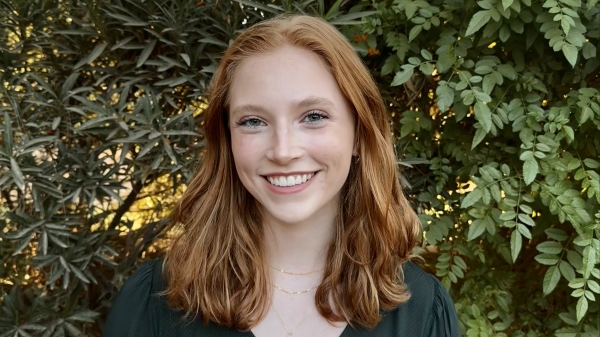
ASU senior's thesis explores gender, politics and perception
For all its benefits, social media is an environment that remains rife with judgement, especially if you're a public figure, and — according to an Arizona State University student's recent research…
